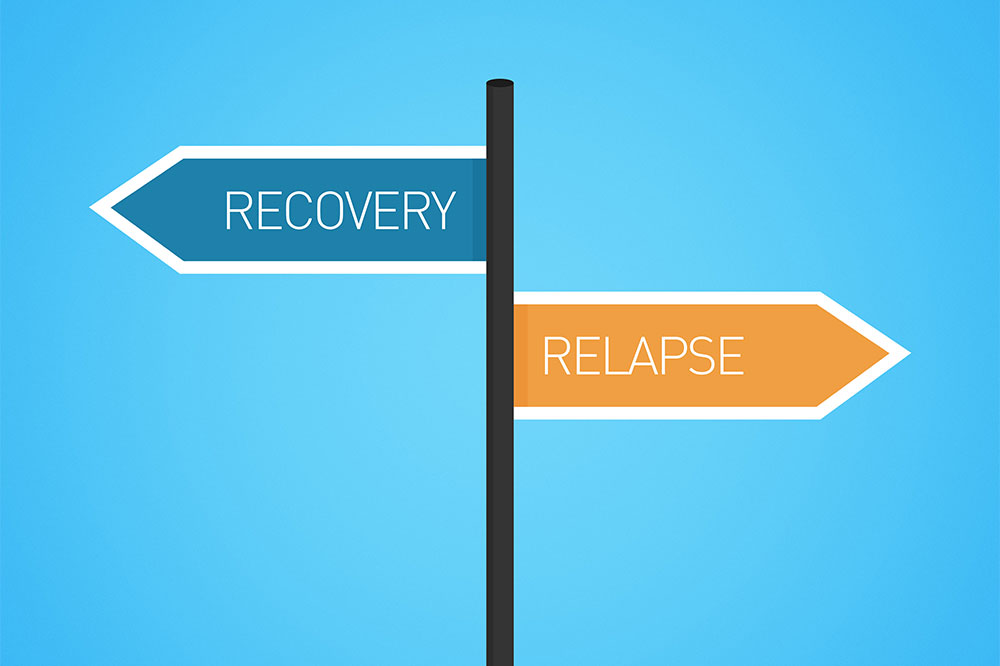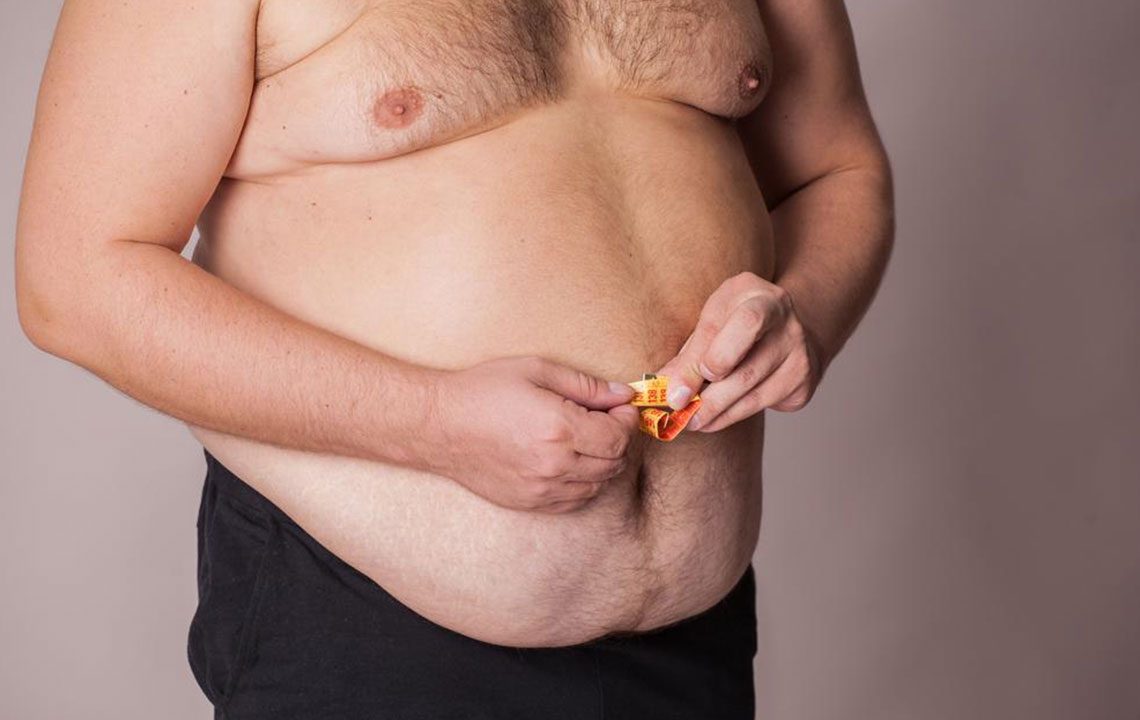Effective Strategies to Prevent Relapse After Sobriety
Discover practical and effective methods to prevent relapse after recovery. Building a support network, engaging in group therapy, managing stress, and staying distracted are key strategies to maintain sobriety and support long-term well-being. These approaches empower individuals to overcome cravings and avoid setbacks on their journey to a drug-free life.
Sponsored

Substance dependency involves compulsive use of stimulants such as alcohol, prescription drugs, or other drugs that provide fleeting pleasure. Excessive consumption harms both physical health and mental well-being. Even after successfully overcoming addiction, maintaining abstinence remains a significant challenge.
Implementing simple and practical methods can help prevent relapse, manage withdrawal symptoms, and resist temptations.
Building a Support Network
The key to lasting recovery is establishing a reliable support network of trusted friends and family. Recovery is a gradual process, and their encouragement can help withstand cravings and withdrawal challenges.
While medical treatment prepares the body to function without substances, emotional support and therapy help condition the mind against relapse. Connecting with mentors or former addicts who are sober offers valuable insights and confidence to stay clean. Their experiences serve as a motivational tool to reinforce your commitment.
Participate in Group Therapy
Group counseling offers recovering individuals a space to share progress, struggles, and strategies. Listening to others' success stories fosters motivation and reinforces the importance of staying committed to sobriety. Many programs include step-by-step guidance to support gradual progress, with rewards to acknowledge achievements and motivate continued effort.
Managing stress effectively is vital since stress frequently triggers substance abuse as an escape mechanism. Developing healthier stress-relief techniques such as regular physical activity or activities that boost happy hormones can prevent relapse. Engaging in hobbies, spending time with loved ones, or self-pampering enhances morale and diminishes cravings.
Staying busy with positive activities also aids in diverting attention away from urges. Keeping a list of healthy distractions—like reading, movies, social outings, or hobbies—can help refocus energy. Recognizing the adverse effects of relapse on personal and professional life serves as an important reminder to maintain sobriety.






